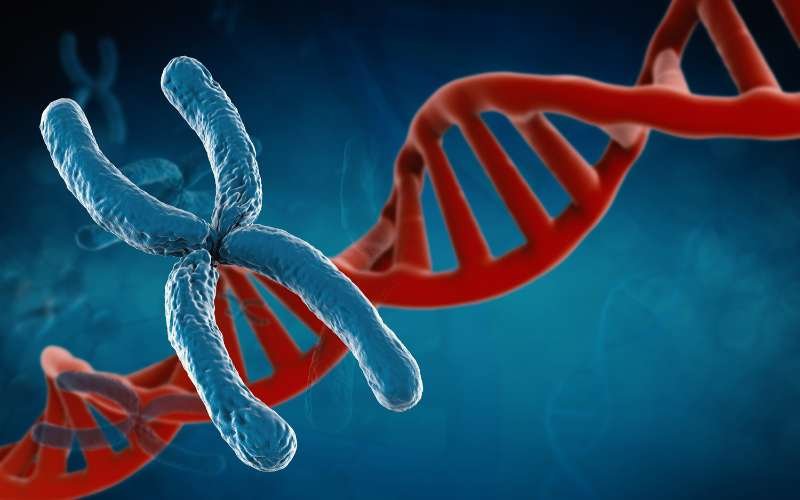What is Reproductive Genetics?
Seeking the best reproductive genetics doctor in Gurgaon? Dr. Puneet Rana Arora, IVF expert and director of CIFAR IVF Centre, is here to help you achieve your dreams.
Reproductive genetics implies use of genetics alongside use of assisted reproductive technologies.This includes preconeption genetic counsleing and preimplanttaion genetic diagnosis(PGD).
The use of genetic science with ART can involve embryos, uterus and sperm. It is usually recommended in those who have a risk of passing on a serious genetic condition to their offspring or who had previos children affected with genetic problems or who had recurrent miscarriages.
Various kinds of tests done under PGT are:
-
PGT-SR: check the structural chromosome changes in embryos.
-
PGT-M: check for single gene condition.
-
PGT-A : used to identify abnormal number of chromosomes.
PGT-A is more a screening toll where as PGT–SR and PGT-M are not used for screening tools.
PGT-SR and PGT-M are only used if there is a family history of genetic problem. These tests are performed on embryos generated by IVF/ICSI to see whether they have inherited any known genetic condition existent in parents/couple. PGT-M is used to assess embryos for single gene conditions which are known to be at risk of passing on to children. It can be performed on more than 600 single gene conditions some of which are BRCA 1 and 2, cystic fibrosis, spinal muscular dystrophy, sickle cell disease etc.
Main indications for these tests are -
-
If couple has a child with serious genetic condition or previous pregnancy with serious affected child or previous recurrent miscarriages.
-
If a couple themselves either female partner or male partner have serious genetic condition.
-
If female partner or male partner are carriers of serious genetic condition even with no family history.
PGT-A
PGT-A, is a screening test and provides information about the genetic make up of each embryo and helps in selection of the most healthy embryo to be transferred. Depending on the health of the embryo, an – embryo is classified as Euploid, Aneuploid, Mosaic. It is mainly indicated in couples
- With recurrent IVF/ICSI failures (recurrent implantation failure),
- With advanced maternal age as chromosomal abnormalities are generally seen with increasing age of egg. The older the woman the higher the chances of having an affected pregnancy. Data shows that for women in their early 30s about 30 to 35% of embryos are aneuploid but over the age of 40 years the number of embryos which are aneuploid are nearly 75%.
- It is also indicated where there is an indication for single embryo transfer as it helps to select the best embryo morphologically and genetically.
In PGT-SR/PGT-M/PGT–A, it is important that there are sufficient number of embryos available for testing as there may be embryos which may be unavailable for transfer after abnormal report.
Use of Genetics in testing Uterine Receptivity (ENDOMETRIAL RECEPTIVE TEST)
Endometrial receptivity is the time defined when uterine environment and window of implantation (WOI) in the uterus is ready for blastocyst acceptance and hence subsequent implantation.
There are various ways to assess endometrial receptivity such as with pelvic ultrasound, doppler study of uterus and by genetic testing.
Genetic assessment of window of implantation involves assessment of 258 genes in endometrium which are responsible for endometrial implantation process. It tries to find out the personalised window of implantation and personalised time of transfer.
Once window is assessed, embryos are transferred in a frozen embryo replacement cycle. This procedure of endometrial receptivity test involves taking endometrial biopsy and studying RNA genetic material. It is mainly indicated for couples with recurrent implantation failures wherein transfer of good quality blastocyst have already been tried.

